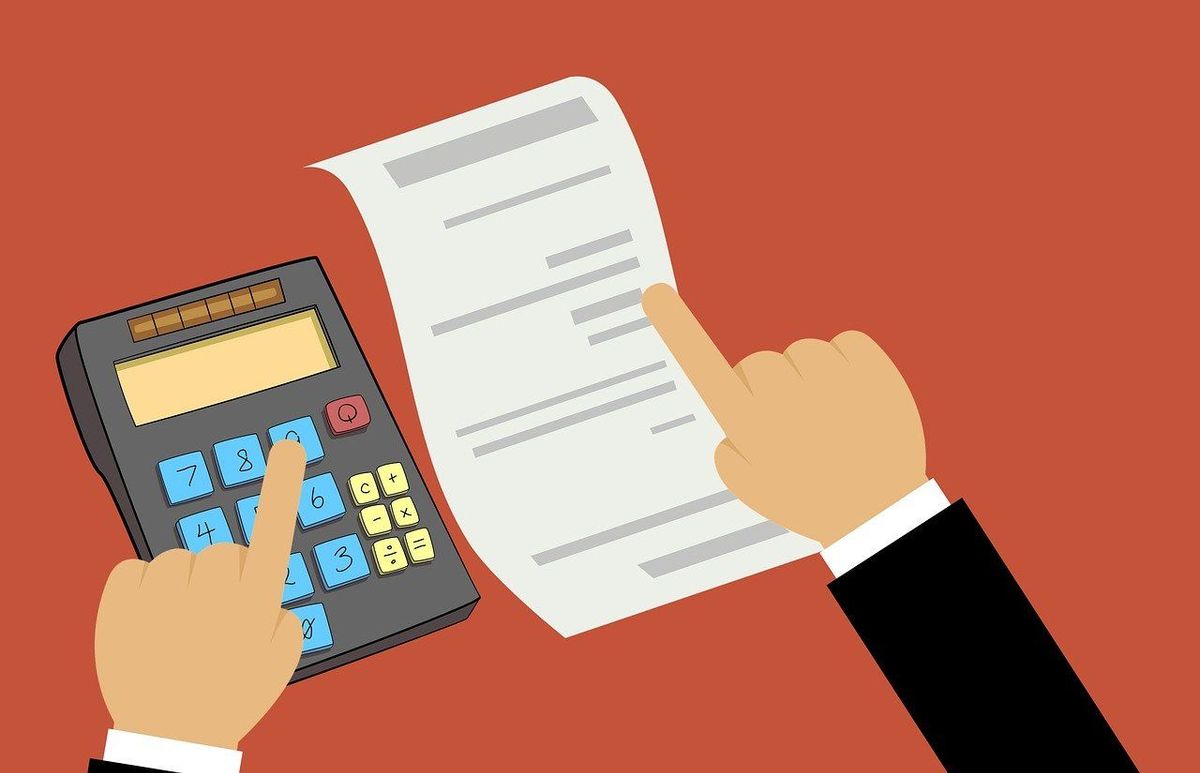Gig Workers: How to Collect Late Payments

“The cheapest form of credit is paying suppliers late.”
That’s insight from a debt collector – Hans de Keijzer, Head of Policy Management for Allianz Trade, the world’s largest trade credit insurer and part of the Allianz global insurance family.
And while late payments may be a boon for the client, if you’re the supplier…it’s a bust.
Late payments reduce productivity, de Keijzer points out: chasing invoices takes time you could (and perhaps should) be using to pursue or complete other work. And that’s not considering the stress when incoming bills outpace incoming payments. Not surprisingly, it’s worse for small businesses and freelancers: Allianz Trade suggests 25-30% of freelancers experience late payments, with an average delay of 50 days.
Plan Ahead
Late payments are a part of doing business, but you can reduce them by planning ahead of time – even before you start your work. De Keijzer has the following suggestions:
- Define the work you will do, for what payment, and the delivery date or dates.
- Align your preferred payment terms with those of your client:
- When are payments made? Once a month? 30 days from receipt of invoice? 60 days?
- When can you submit your invoice? If the project is long and complicated, you may want to request payment when each stage is completed rather tha wait until the entire project has been OK’d.
- If working internationally, determine in which currency and in which country you will be paid and the method of payment.
- Do you need a purchase order for your project? If so, who or which department generates it?
- What goes into your invoice? Companies have their own requirements, and the time to learn this is before you send yours in. If your invoice doesn’t fit your client’s requirements, necessitating re-writing and re-submitting paperwork, you could be contributing to payment delays yourself!
- Be sure you know:
- To whom should the invoice be addressed? That is, name of person, full and correct company name (Alert! This could be different from the name you may be accustomed to using).
- Who is the contact person in the accounting department who will be processing your invoice?
- What info should the invoice include about you or your company? Clients will usually have specific information they require from you on your invoice. In general, name, address, tax ID number, and payment details.
Don’t Stop There…
Checking on the status of your invoice before the due date can catch a misstep that could result in late payment. This can be a useful tactic particularly with a new client. A quick, polite call or email asking if the invoice has been well received or needs additional attention on your part can keep your payment on track.
Submitting your invoice correctly will make processing it a lot easier and win brownie points from your client’s accounting department.
The Due Date Comes and Goes…
De Keijzer advises taking prompt action and make personal contact when the due date passes without payment.
- Phone your client after payment is 3-5 days late:
- Be factual and describe what impact the late payment has on your business.
- Investigate what blocks the payment. This may involve contacting the accounting department (that’s why you need a contact name!). Is the client in financial difficulties?
- Focus on resolving issues: is there a dispute over, or something missing from, the invoice? What can you do to expedite matters?
- Send a friendly reminder after 7-10 days; at this stage you may want to indicate to the client the next steps you will take, such as charging interest. Watch your wording, as you may want to retain this client. Your tone should be firm but friendly.
- After three weeks, send a second reminder email letter, explaining you are forced to escalate the issue. Know how you wish to escalate – for example, by using a collection agency or by taking legal action
Legal Action?
This can be a long and costly process, and it’s worth thinking long and hard before launching.
You may have no choice if the amount owed is large. In this case, you may also be able to recover court costs. Keep in mind, settlement may depend on your ability to meet your client on his or her own turf. If you’re in different states or countries, that could mean hiring local council.
Legal procedures for smaller amounts are generally less complicated and can be handled without a lawyer – for example in a small claims court; however, your legal costs may not be covered in the settlement.
Do you want to keep the relationship?
A client who is consistently late with payment or ignores your requests is not doing your business or your state of mind any favors. You may want to discontinue working for him or her – at least until payments are up to date. And consider: is the relationship worth the trouble?
Remember, a business relationship between a company and its client is like any relationship – it has its ups and downs. Saving the relationship isn’t to do with whether you can avoid difficulty, but how you deal with it, and keeping your finances on track.
